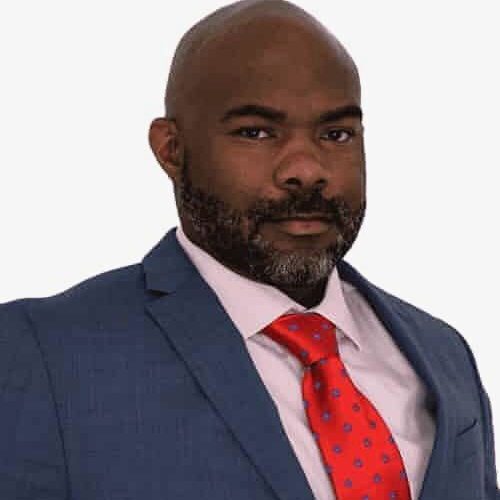The stages of addiction denial are important to understand to get a full picture of what happens to an individual mentally and physically. Denial is a particular challenge which requires intention to overcome and depends on the individual’s circumstances as to how the person is able to overcome denial to receive the help needed.
Types of Denial
Denial of addiction is defined two different ways: type A and type B. The following two types of denial identified in addiction include:
Type A: when a person sees or knows a problem exists. When confronted, the person denies it in spite of knowing it is true.
Type B: a person may be partially or totally oblivious to the problem at hand. Through self-deception, rationalization, justification and making excuses, a person may believe a problem does not exist.
Denial does not just disappear once a person sees and accepts addiction has occurred. It may emerge time and again. The whole denial system is important to understand in that denial can be both intellectual and spiritual. A person may admit mentally a problem exists but inside, denial still reigns above the truth. Typically a person with denial in this way relapses over and over.
Stages of Denial
A person may have a hard time believing denial is true because it is just not possible to conceive of the fact addiction is real. Several stages are outlined which demonstrate how denial keeps a person from seeing reality:
Stage One
Stage one denial is when a person truly does not believe addiction exists. The person may accept being addicted to a particular drug but deny the illness of addiction. In spite of overwhelming evidence, a person in this stage cannot see the forest for the trees.
The key to overcoming this stage is to educate the loved one about addiction. Intellectual acceptance can lead to a greater self awareness and understanding of what’s happened.
Stage Two
The denial of being powerless is the key to this stage because a person may attend meetings but it does not mean a person has recovered. Good intentions do not mean action. Inner perception is needed to grow and move beyond this stage.
The key to overcoming this stage of denial rests in transferring dependence from self to a greater power. To maintain sobriety, an individual must realize powerlessness over addiction and the need for receiving help from a higher power.
Stage Three Denial
A person may have other priorities but is not focused and intentional about recovery and sobriety. The commitment must be strong to stay sober. A person may also reject the steps to sobriety which include total abstinence which can lead to relapse if not followed.
An individual in this stage can overcome denial by committing one’s life to the process of recovery and seeking support. Getting involved in meetings, sponsorship or meeting others who share the same situation can build support for the days ahead.
Denial is powerful, but recovery is even more powerful. If you need help overcoming denial to recognize addiction’s hold on your life, we are here to help. Call us to find out how we can support your journey to recovery.






